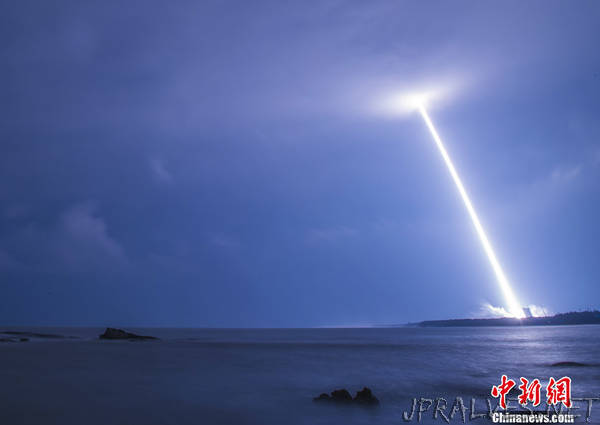
“The main contractor for the Chinese space programme has set out a space transportation roadmap which could massively boost capabilities and reduce costs for access to space.
The China Aerospace Science and Technology Corporation (CASC) roadmap sets out a string of ambitious targets related to space technology, space science and space applications from 2017 to 2045.
By 2020 CASC will have a wide range of launch capabilities through its expendable Long March rocket families, with the low-cost Long March 8 rocket to be in action by this time, adding to the new capabilities of the Long March 5 and 7.
2025 is the marker for the successful development of a reusable space plane, initially using two stages for suborbital flight, including for tourism purposes. The debut flight for the space plane has earlier been stated as being set for 2020. Eventually the spacecraft would use combined cycle propulsion for orbital flight.
The first super heavy-lift launch vehicles, referred to as the Long March 9, will make their maiden flights by 2030, with a payload capacity of over 100 tonnes. The Saturn V-class launcher will be capable of a Mars sample return and crewed lunar missions.
To this end Long Lehao, chief designer of the Long March rocket series, told state media that progress has been made on forging 10-metre-diameter stages and 500-tonne thrust kerosene-liquid oxygen and 220-tonne thrust hydrolox engines.
Reusability, nuclear powered shuttle
Following this, CASC has set 2035 as the target for full reusability for its launch vehicles, following the trails being blazed by US companies SpaceX and Blue Origin.
By 2040, a next generation of launch vehicles will be put into operation, capable of multiple interplanetary round-trips, exploiting space resources through asteroid mining and constructing megaprojects such as a space-based solar power station.
Another target explicitly mentioned for 2040 is a nuclear-powered space shuttle, though no details are revealed.
By 2045 these developments, if achieved, will position China as the world leader in aerospace, according to Lu Yu, a senior official with CASC.”
